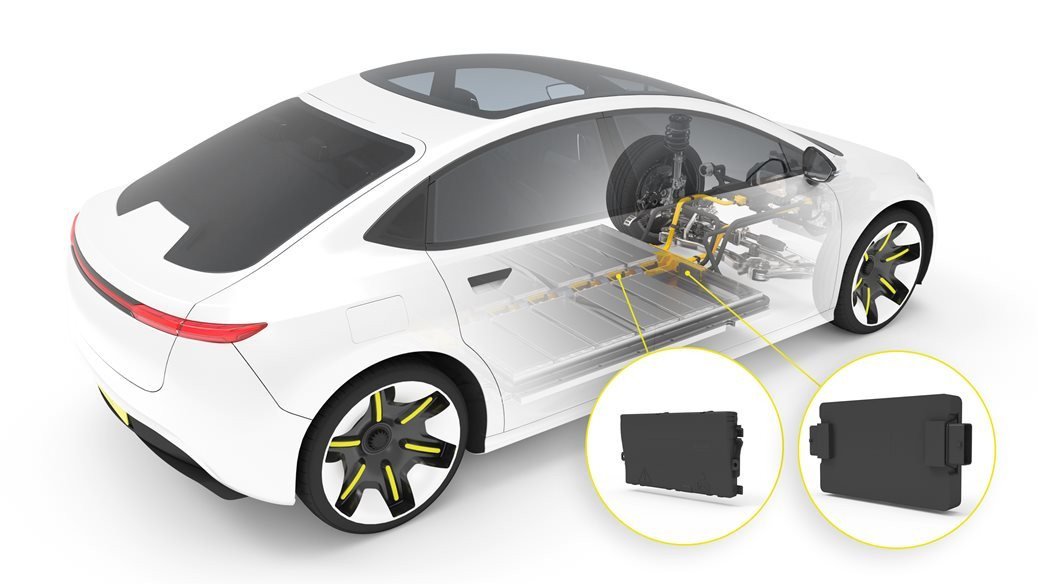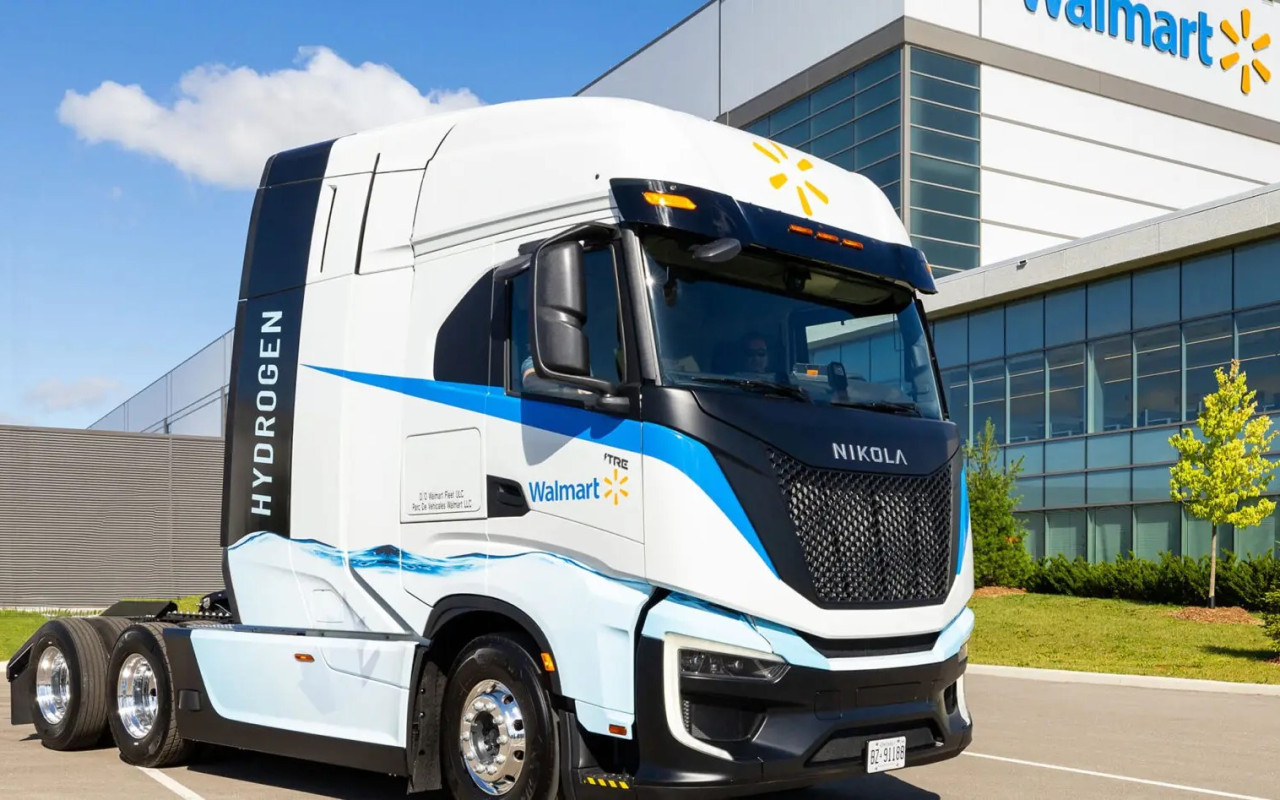Vitesco Technologies bags BMS orders worth more than € 2 billion for EVs
Vitesco Technologies has revealed that it has won orders worth more than 2 billion euros for its innovative Battery Management Systems (BMS). This includes contracts with global high-volume EV manufacturers, premium car makers and start-up EV companies in global markets.
The company's wireless communication version of the battery control units for 400V and 800V architecture used in electric vehicles are in spotlight with these contracts. This particular innovative solution reduces the amount of cabling inside the battery, thereby saving space and improving range capacity through the use of either a larger battery or by reducing the size and weight of the battery that would otherwise be used.
"With our modular software and hardware for battery management we can offer our customers tailor made solutions. In addition, innovations such as wireless communication with the battery modules enable advanced battery design, leading to reduced system costs for our customers", said Thomas Stierle, Member of the Executive Board and head of the Electrification Technology and the Electronic Controls business units of Vitesco Technologies.
Battery management is a key aspect of electrification of vehicles, as BMS hardware and software systems protect the battery against overheating and ensure a balanced charging state of all cells, essential for the safe operation and long battery life.
Vitesco's battery management controller permanently monitoring the state of cells and modules. It can trigger a corrective action within the battery when an undesirable operating condition is detected in order to deliver the maximum range and achieve its maximum service life. This is accomplished through the use of a high voltage sensor to monitor and control the high current flows toward the battery. In the case of a crash, the BMS also triggers the electrical isolation of the battery from the rest of the car.
On the other hand, Cell supervising circuits monitor and balance the charging levels of individual battery cells. "For this purpose, Vitesco Technologies is currently developing a new procedure for actively balancing cells, which can bring another efficiency gain in the order of several percent," according to Rodrigo Peres, Head of Product Line Battery at Vitesco Technologies.
Stierle noted that the number of BMS orders that Vitesco has received over the past weeks and months reflects the relevance of its solutions to the EV industry.
As a generic development, Vitesco Technologies' modular BMS portfolio is already prepared to facilitate an integration of its functional parts into other control units, according to the company. With this, it anticipates a trend in the electric vehicle architecture - reducing the number of devices by using fewer control units with much higher computing power and with complex software systems.






















